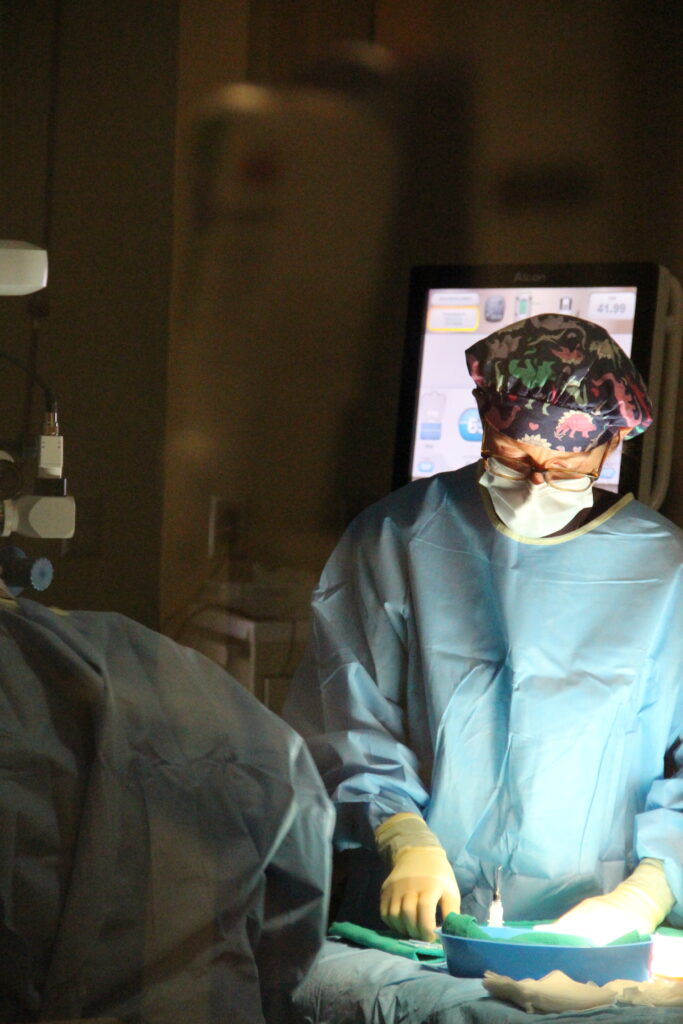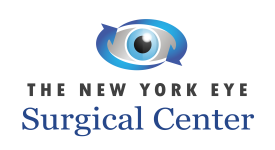Glaucoma Laser Procedures and Surgery
We offer Surgical and Non-Surgical LASER treatments for glaucoma here at the New York Eye Surgical Center.
Make an appointment with one of our Glaucoma Surgeons if you have or suspect you may have glaucoma or if you would like to discuss any other issues regarding your vision.
See our “Our Surgeons” page for our Glaucoma Surgeon’s offices contact information.
Factors that increase the risk of developing glaucoma:
- Being over 60
- Being of particular descent, such as African-American or Asian
- Having a family history of glaucoma
- Having elevated intraocular pressure
- Having poor vision or other eye disorders or injuries
- Having certain medical conditions, like diabetes
- Taking certain medications, such as corticosteroids for prolonged periods
Symptoms of Open-Angle Glaucoma may include:
- Dim or blurred vision
- Gradual loss of peripheral vision
- Tunnel vision (at advanced stages)
Symptoms of Closed-Angle Glaucoma may include:
- Severe eye pain
- Nausea and vomiting
- Sudden visual disturbance
- Blurred vision
- Halos around lights
- Red eyes
- Headache
How Do I Prepare for Glaucoma Laser Treatment?
For non-surgical Glaucoma Treatments including Selective Laser Trabeculoplasty (SLT) and Laser Peripheral Iridotomy (LPI), Pre-Operative clearance is typically not necessary. At your appointment with your eye care physician, he or she will work with you to schedule an appointment for treatment here at the eye surgery center.
How Do I Prepare for Glaucoma Surgery?
Prior to Glaucoma Surgery, general Pre-Operative assessments need to be done to ensure you are a good candidate for the treatment.
In addition to the appointment(s) made with your Glaucoma Surgeon, you will likely need to make an appointment with your Primary Care Provider to obtain Pre-Operative clearance.
You may additionally need to make an appointment with your cardiologist for cardiac specific Pre-Operative clearance, depending on your health history.
You will not be allowed to drive yourself home after the surgery. Prepare in advance by coordinating someone who can drive you home from the surgery and help you get settled in for your recovery.
Someone will need to stay with you for 24 hours after your surgery. This is part of our patient safety policies. Prepare in advance by coordinating someone who can stay with you.

